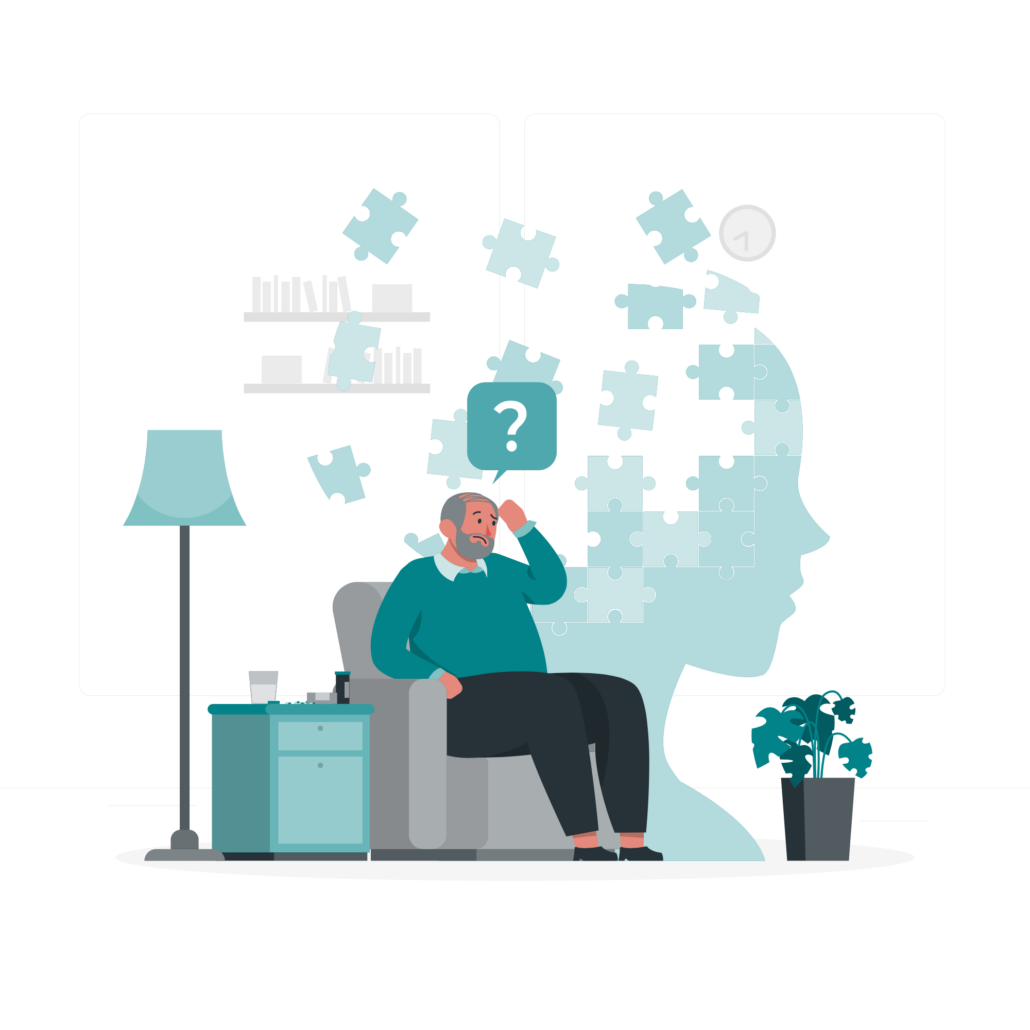Brain Stimulation to Improve Memory & Movement: HomeStim Research Study
Harvard faculty and researchers at Hebrew SeniorLife are evaluating the effects of therapeutic at-home non-invasive brain stimulation for improving memory and mobility in older adults diagnosed with cognitive impairment, Alzheimer’s disease, or a related dementia. Join our paid study today!

Fast Facts
55+ Years Old
Experiencing Mild Memory Difficulties
Compensation Provided
Conducted in Boston, MA
Study Background
Our researchers are exploring the potential of a non-invasive type of brain stimulation called transcranial electrical stimulation, or tES, for improving memory, thinking, and movement in individuals with dementia.
Non-invasive brain stimulation is a safe and painless technology that sends very small electrical currents to the brain through the scalp. Investigators believe that these currents may help improve memory and balance in older adults.
The purpose of this study is to determine whether receiving tES from the comfort of your own home can help reduce memory and movement difficulties. As part of your enrollment in this study, you will need to select someone who will administer the stimulation for you during each treatment session. This can be your spouse, family member, friend, or neighbor.
Your participation in this study may help researchers improve treatment approaches for cognitive decline and Alzheimer’s disease in the future. Further research and join our compensated study today!
Study Background

Our researchers are exploring the potential of a non-invasive type of brain stimulation called transcranial electrical stimulation, or tES, for improving memory, thinking, and movement in individuals with dementia.
Non-invasive brain stimulation is a safe and painless technology that sends very small electrical currents to the brain through the scalp. Investigators believe that these currents may help improve memory and balance in older adults.
The purpose of this study is to determine whether receiving tES from the comfort of your own home can help reduce memory and movement difficulties. As part of your enrollment in this study, you will need to select someone who will administer the stimulation for you during each treatment session. This can be your spouse, family member, friend, or neighbor.
Your participation in this study may help researchers improve treatment approaches for cognitive decline and Alzheimer’s disease in the future. Further research and join our compensated study today!
Additional Information
You may qualify for this study if you meet the following criteria.
Key Criteria:
- 55 years or older
- Experiencing memory loss or cognitive difficulties (with or without a diagnosis)
- Can stand/walk independently, without the help of another person, for 1+ minutes (use of canes/walkers OK)
- Have someone who can administer the brain stimulation at home (spouse, family member, friend, neighbor)
- Able and willing to travel to Boston, MA for study visits
Participation in this study involves:
1. In-person visit to determine eligibility
2. An electroencephalogram (EEG) test to observe brain activity
3. Baseline assessments, including cognitive, mood, mobility, and quality-of-life measures, and training on how to give the home-based brain stimulation treatment (tES)
4. 1 month of home-based tES (5 days/week for 4 weeks)
5. Follow-up assessment after the last day of stimulation
6. 3-month follow-up assessment after 3 months of no tES
7. 6-month follow-up assessment after 6 months of no tES




